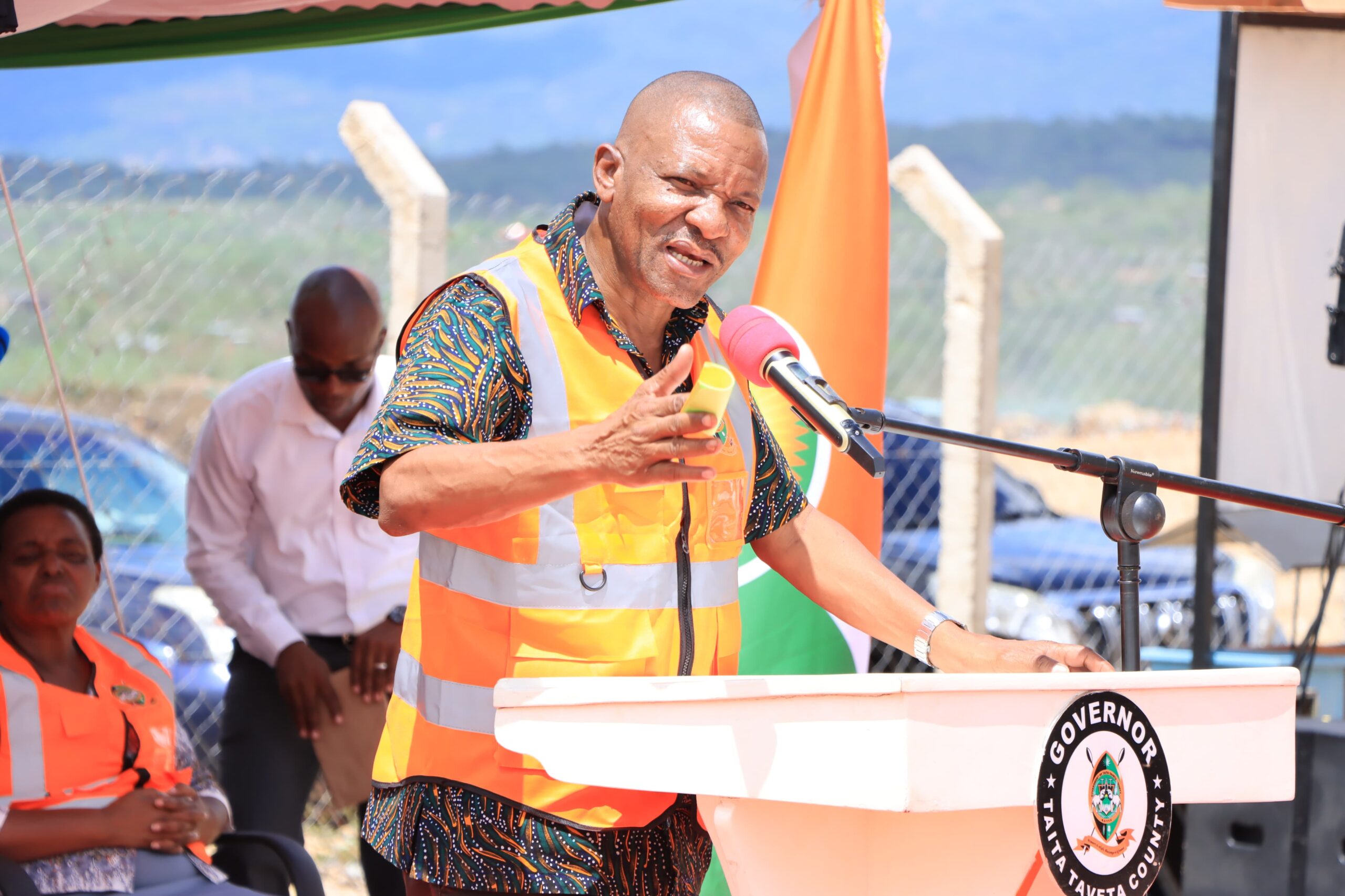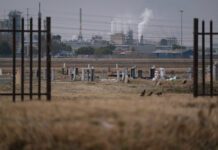|
Getting your Trinity Audio player ready...
|
By Jackson Okata
Migori County, Kenya: Beneath the sun-scorched earth of Migori County lies a fortune—gold that glimmers with promise but leaves behind a trail of ruin. While a select few grow rich from the precious metal, thousands of small-scale miners and landowners are left grappling with dried-up wells, cracked farmland, and broken promises.
This is a story of greed, exploitation, and a system rigged against the very people whose land yields the treasure.
The Secret Tunnels Beneath Their Feet
Joseph Otieno has spent two decades digging for gold in Kitere village, his calloused hands a testament to years of backbreaking labor. But in February 2023, he stumbled upon something sinister—a hidden tunnel snaking beneath his land, leading straight to a Chinese-owned mining operation.
“They were stealing my gold right under my feet,” Otieno says, bitterness creeping into his voice.
When he confronted the company, H-Nuo Kenya Limited, they admitted to tunneling into his property without permission. Mediators—county officials and local traders—stepped in, offering Otieno a paltry compensation deal. He refused. Months later, the company packed up and left, leaving behind a wasteland. His well had run dry. His once-fertile soil now crumbled to dust.

Otieno’s story is not unique. Across Migori’s gold-rich villages—Rongo, Awendo, Nyatike—residents whisper of mysterious tremors shaking their homes at night, of boreholes that once gushed water now reduced to dry pits.
Esther Awour, a mother of three in Rongo, suspects a mining tunnel runs beneath her house. “Our family borehole dried up overnight,” she says. “When we complained to the authorities, no one listened.”
A Thirsty Land
John Lugalia, a government geologist, explains the science behind the vanishing water: mining tunnels cut through underground aquifers, diverting water away from wells and boreholes. Some companies pump out groundwater to keep their mines dry, further draining the earth.
The result? Parched villages where women trek miles for a single jerrycan of water. Farmland split open by deep cracks. Sugarcane fields—once lush—now withering under the relentless sun.
Alfrick Okoth’s two-acre farm in Awendo is a casualty. His borehole dried up in 2022. Then the earth began splitting apart. “I can’t grow anything here anymore,” he says, kicking at the fissures in the soil.
A System Built on Exploitation
The gold trade in Migori is a shadowy web of middlemen, smugglers, and corrupt officials. Small-scale miners sell their gold for as little as Ksh 2,500 per gram—only for it to fetch up to Ksh 7,000 in Kampala, where Kenyan gold is smuggled to avoid taxes.
James Ocharo, a local gold trader, admits: “Uganda pays nearly international prices. Why would anyone sell legally here?”
The losses are staggering. Migori’s gold generates an estimated $37 million annually, yet the county collects a meager Ksh 3.2 million in royalties. Meanwhile, illegal tunnels, unregulated mining, and backroom deals ensure the profits flow into private pockets.
Broken Promises, Empty Reforms
The government has tried—on paper—to clean up the sector. Licenses have been revoked. An online mining cadastre was introduced. Mineral trading centers were proposed.
Yet on the ground, little changes.
“The laws exist, but enforcement is a joke,” says Patrick Kanyoro of the Kenya Chamber of Mines. “Corruption is the real mine owner here.”
For people like Joseph Otieno and Esther Awour, hope is fading. They are left with barren land, empty wells, and the bitter knowledge that while others grow rich from their gold, they are left with dust.
This story was produced with support from Africa Uncensored and the Association for Women in Energy and Extractives in Kenya (AWEIK).














